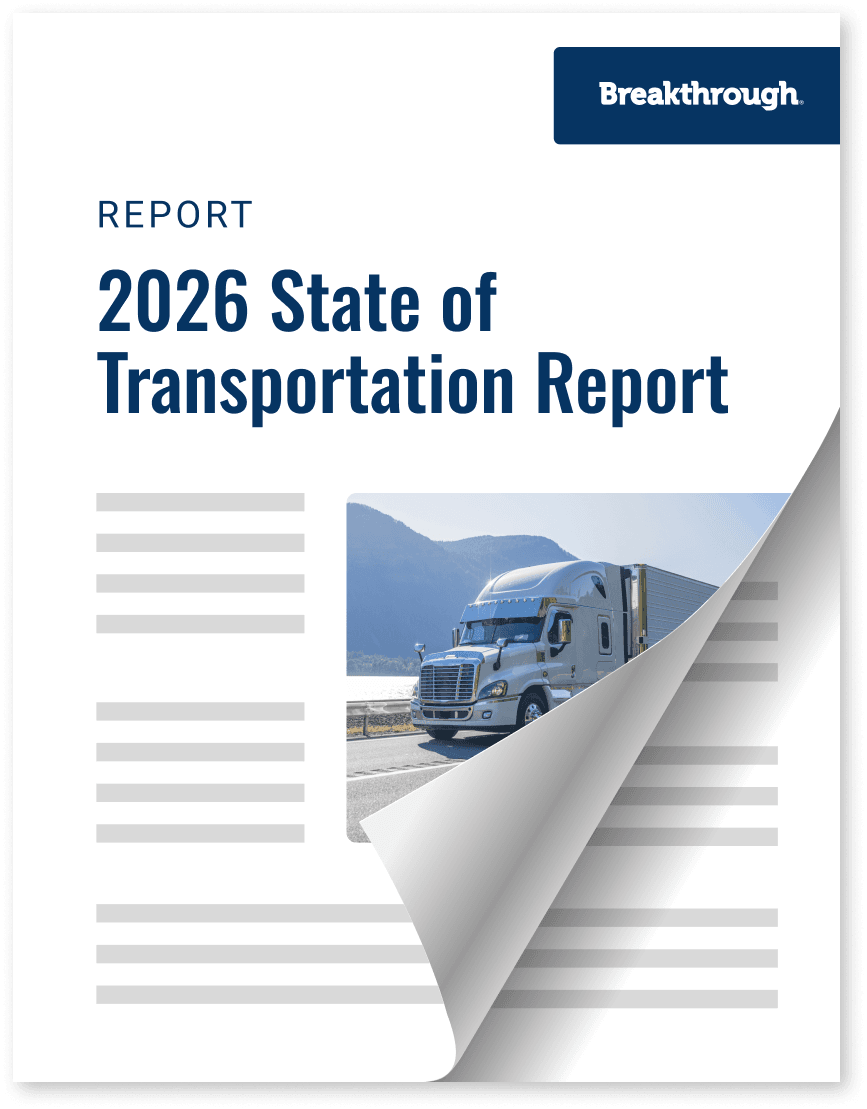2026 State of Transportation Report

Trending
Top Posts
2 min read
December 15, 2017

Share:
If you’ve been following the Breakthrough blog in recent months, you’ve likely noted our coverage of Mexican Energy Reform and its impact on the market. As you know, deregulation was moved from 2018 to 2017. Timelines evolved throughout the year as we moved from a government-subsidized market to a fully liberalized market, under which we are currently operating.
Throughout the duration of deregulation and liberalization, questions among shippers arose surrounding how the Mexican market would react to global refined product market dynamics. Since state-owned Pemex had long had a monopoly over domestic fuel in Mexico, the introduction of new competitors and infrastructure brings with it volatility and uncertainty surrounding fuel prices. Without government regulation of fuel prices, the price environment is subject to fluctuations and influence from geopolitical events, weather, pipeline disruption, and economic variability – much like the free market dynamics most economies are subject to.
In the wake of prior liberalization phases, the market saw little variation month to month. Energy reform began on January 1, 2017 with market deregulation and prices spiked by 17 percent overnight. Following that initial increase, prices decreased by about 3 percent where they remain today.
Historically, in Mexican shipper-carrier relationships, fuel and freight are bundled as one “all-in-rate” combining both linehaul and fuel into one flat price. When decreases in fuel prices occur, this all-in-rate makes it difficult for shippers and carriers to accurately identify and reimburse for the true cost of fuel.
As we support our clients through the process of energy reform, we’ve seen that uncertainty in the way fuel will be managed has led to increased time and focus spent on fuel for procurement teams. Our goal is not only to bring our core principles (eliminating distortion, creating transparency, and establishing fairness) to Mexico, but also to ensure procurement teams maintain maximum effectiveness in freight procurement strategies. With the implementation of a market-based fuel reimbursement strategy, the frequency of rate discussions will decrease because shippers and carriers will no longer need to continually monitor and negotiate dynamic fuel prices. A market-based approach accounts for the fluctuating price of fuel in real-time at the lane level, allowing both shippers and carriers to focus specifically on network capability and service requirements.
Please contact Matt Balzola, Vice President of Business Development at Breakthrough, to learn more regarding opportunities to manage fuel costs in Mexico.

5 min read
February 23, 2026
Explore how escalating U.S.–Iran tensions are impacting global energy markets, driving volatility in crude oil and diesel prices, and increasing supply chain risks.
Read more
7 min read
February 23, 2026
The Supreme Court has ruled against the use of IEEPA tariffs. Understand the decision, the administration's response, and the impact on your supply chain.
Read more
7 min read
February 20, 2026
Explore practical sustainable transportation strategies that reduce emissions and costs. Learn how to balance sustainability goals with operational efficiency.
Read more